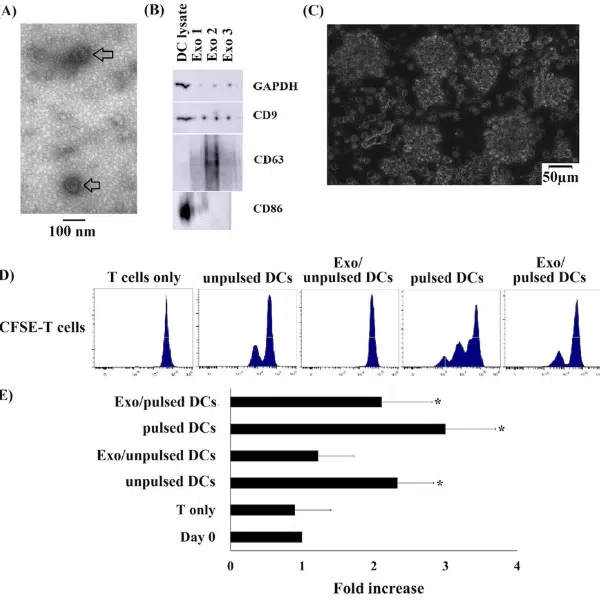Lung cancer is a formidable and pervasive disease that affects millions of people worldwide. As one of the leading causes of cancer-related deaths, understanding the intricacies of lung cancer is crucial for early detection, personalized treatment, and improved outcomes.






Lung cancer is a type of cancer that develops typically in the cells that line the air passages. It is one of the most common cancer types worldwide, and is responsible for a significant number of cancer-related deaths each year. In this article, we will explore the global statistics of lung cancer, its stages, chances of recovery, usual treatments, and the potential of Dendritic Cell Therapy as a treatment option.
According to the World Health Organization (WHO), lung cancer is the most commonly diagnosed cancer in the world, accounting for 11.4% of all cancer cases. It is also the leading cause of cancer-related deaths, with 1.8 million deaths worldwide in 2020. The incidence of lung cancer varies widely by region, with the highest incidence rates in North America, Europe, and East Asia.
Lung cancer is typically classified into four stages, with stage I being the earliest and stage IV being the most advanced. In stage I, the cancer is localized to the lungs and has not spread to other parts of the body. In stage II, the cancer has spread to nearby lymph nodes. In stage III, the cancer has spread to other structures in the chest, such as the chest wall or the lining of the lungs. In stage IV, the cancer has spread to other parts of the body, such as the liver or bones.
The chances of recovery from lung cancer depend on several factors, including the stage of the cancer, the type of lung cancer, the patient’s overall health, and the treatments used. In general, the earlier the cancer is detected and treated, the better the chances of recovery. According to the American Cancer Society, the overall 5-year survival rate for lung cancer is 21%. However, this varies widely by stage, with 5-year survival rates of 63% for stage I, 36% for stage II, 26% for stage III, and 6% for stage IV.
The usual treatments for lung cancer depend on the stage and type of cancer, as well as the patient’s overall health. The main treatment options for lung cancer include:
Dendritic Cell Therapy is a type of natural immunotherapy that is being investigated as a potential treatment for lung cancer. Dendritic cells are specialized cells of the immune system that are responsible for presenting antigens to other immune cells to trigger an immune response. In Dendritic Cell Therapy, dendritic cells are harvested from the patient’s blood or bone marrow, cultured in the laboratory, and then re-injected into the patient along with antigens derived from the patient’s own tumour cells.
The goal of Dendritic Cell Therapy is to stimulate the patient’s immune system to recognize and attack cancer cells. Early results from clinical trials of Dendritic Cell Therapy for lung cancer have been promising, with some patients experiencing tumour regression or stabilization.
More and more cancer patients are getting aware of natural and non-invasive treatments for cancer, like the above-mentioned Dendritic Cell Therapy. The positive aspect are the high success rates and the fact that DCT can be combined with all other treatments. Immucura offers years of experience in treatment of cancer patients with Dendritic Cell Therapy in particular and natural immunotherapy in general.
Many patients’ stories testify the success of this new approach, like this recent interview given by Olimpia: “I am very happy with the process of Immucura. It is simple and effective. In my case, I had breast cancer and could feel the knot. Right after I received the first 3 vaccines, I could feel that the know slightly got smaller. The PET Scan shows the same. I truly believe that it had a big impact on me, and I could finally receive good news from my doctor.
Thank you very much to all of you and keep carrying on saving lives. Many thanks, Olimpia.”
To read more patients’ testimonial, visit this section: Olimpia’s Testimonial
© 2025 Immucura. All Rights Reserved
Loading: Please wait…
Loading form: Please wait…
Loading: Please wait…
Loading form… Please wait…
Loading form: please wait…